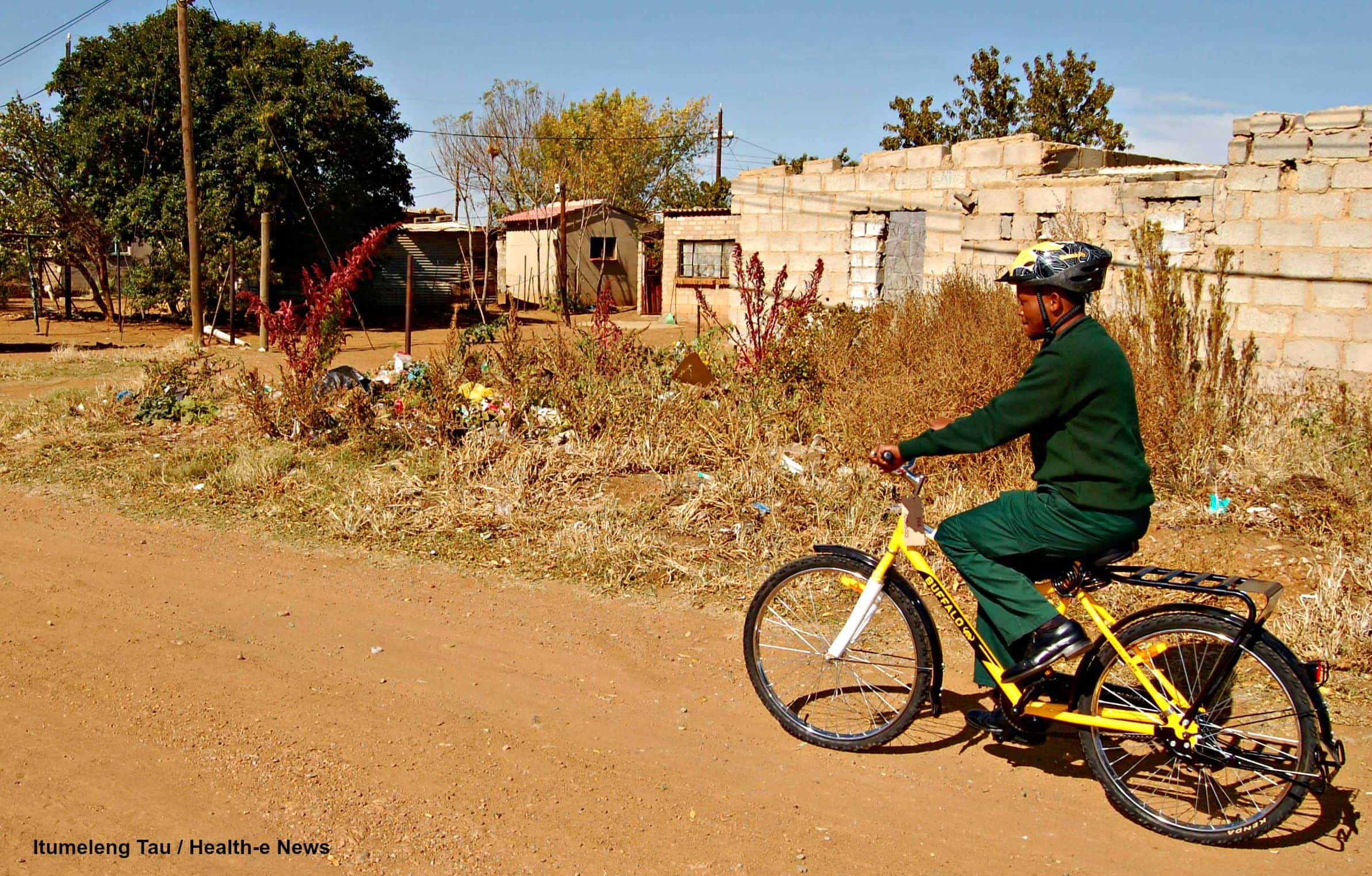 Affordable cancer care is a delicate and complex balancing act which impacts patient, practitioner and pockets.
Affordable cancer care is a delicate and complex balancing act which impacts patient, practitioner and pockets.
The IMS Institute for Healthcare Informatics released a study on 07 June 2016 and it hit almost every headline as it revealed the high cost of cancer care, and how it is set to rise over the next four years. It was a price tag tsunami with a global oncology bill of $US150 billion by 2020, an increase of around 10.5% per annum, and that was just for the medication.
Inequality worsens the problem
The same report also highlighted that, while the cost of medication and care in South Africa may be cheaper than the USA on average, the economic demographics of the country make calculating the realities of affordability complex. As a country, the Gini Coefficient gives SA the dubious honour of second place as one of the most unequal in the world. There is a real need to provide people with affordable cancer care, but there has to be a balance between what patients receive in terms of treatment, and what is affordable to both patient and medical scheme. In addition to this doctors need to be paid appropriately for the service they provide.
Dr Ernst Marais, Chief Operating Officer of ICON, explains: “The Value Equation in health economics is that the value of healthcare equals outcomes over cost. In this equation, outcome is the proxy for the quality of the care. Quality is measured across three main areas: infrastructure, process and outcomes.
Infrastructure:
To ensure patients access to good infrastructure, ICON have stringent accreditation programmes in place with a strict evaluation process to ensure that all treatment centres offer the same high-level of quality care. For example, all ICON accredited radiotherapy units, subscribe to the same self-accreditation and inspection process, assuring a set standard for access to high quality technology and service delivery.
Process:
The process element focuses on the care provided to the patient – how they are treated, what methodology is employed and how supportive care is provided. ICON is contracted with 128 oncologists across South Africa which is about80% of the private oncologists countrywide. This network contributes towards the clinical and supportive protocols which clearly define process. These protocols are stratified by treatment intent and are evidence-based and so ensure the right patient receives the right treatment, at the right time and in the right place.
Outcomes:
“Outcomes is the factor which impacts most on the perceptions of the cost and the quality of cancer care and this is the most difficult metric to measure in the real world.” says Marais.“ It isn’t the latest drug or newest radiation technology; it is the results of the care which is tailored to be appropriate for the patient.”
If good infrastructure and accredited process are in place, then it will be easier to measure patient outcomes. What is crucial is to define outcomes that matter to patients and their oncologists. An outcome important to the patient may be different to what is seen as important to the doctor. And different patients may have different aspirations. The patient might care more about the quality of their life once treatment is completed while the oncologist may focus on specific end points such as the response of the cancer to treatment.
Cancer rates on the rise
“This is where the value element of the health equation kicks in,” says Marais. “We need to give patients the right care for their situation. This is then added to the factors which impact on the cost of cancer overall – incidence, population age, medication and technology, among others. The prediction models show that more people are going to be diagnosed with cancer in the future and that means that the financial burden is only going to rise.”
New medicines are often blamed for the rising prices, but radiotherapy machines and equipment are becoming increasingly advanced with technology moving forward rapidly, and expensively. Along with their improved capabilities, these machines come with the additional costs of maintenance, installation and construction.
Make treatment affordable
“Building a radiotherapy unit is expensive and the maintenance is expensive. In fact, the higher the level of the technology, the more expensive it is likely to be,” says Marais. “The question we have to continually pose is how we can provide care while keeping the costs realistic. It’s great to have the latest machine installed, but is it going to provide appropriate, evidence-based care for the patient? This is why it is important that we at ICON have collaboratively designed, protocols based on the latest evidence for radiotherapy. These protocols define important parameters such as the correct modality and dose for specific cancers.”
Currently South Africa uses a fee-for-service model and it is widely accepted that to make cancer treatment sustainable over the long term, the country is going to have to move away from this completely.
Marais concludes: “We need to encourage people to work smarter in an alternative reimbursement system and encourage medical schemes to pay for value. If we don’t make cancer treatment affordable, it will become an all-consuming disease which will eat up resources. We see this by comparing cancer-incidence, which is increasing linearly, versus
cost of cancer care that is increasing exponentially.”
ICON is already working with some of the country’s largest medical schemes to explore alternative reimbursement models and solutions to head off the cancer cost crisis. At the forefront of the discussion is the need to ensure that quality is consistent while inspiring the medical profession to innovate, introducing new ways of thinking which could change the way cancer is cured. It may be an expensive burden today, but as more organisations pay attention to tomorrow, there is potential for change.
SOURCES:




